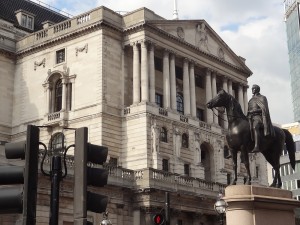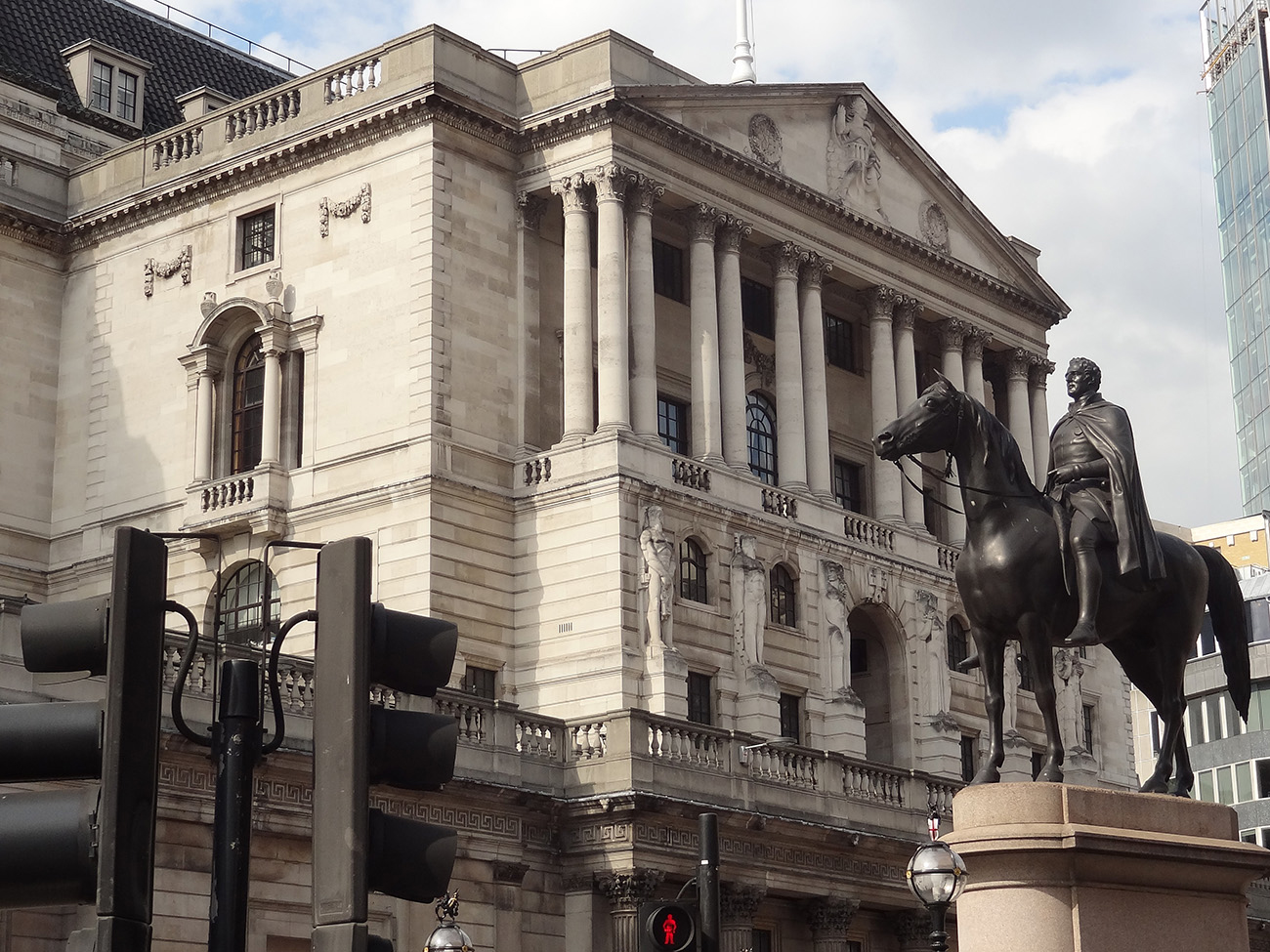The pace of housing investment in the UK – including house building, home improvements and spending on services associated with property transactions – has been weaker than anticipated, the Bank of England says.
 It made the comment as part of its quarterly inflation report, released today.
It made the comment as part of its quarterly inflation report, released today.
Spending on property transaction-related services had proven particularly feeble in the first part of the year; a trend which the Bank attributes in part to the Mortgage Market Review (MMR).
“Mortgage approvals and housing transactions both weakened in Q1, as did the spending associated with them. That weakness is likely to continue in the near term: approvals and transactions fell in Q2, although there were signs of a pick-up towards the end of the quarter.”
The Bank says the implementation of the Mortgage Market Review has “placed strains on banks’ lending capacity”, with new processes and staff training possibly slowing the rate of approvals.
“Those temporary constraints may now have started to ease, but the MMR could also have more persistent effects, if it affects the availability or terms of credit for some borrowers. In that case, it could take time for those borrowers to adjust their expectations and to find a property that they can afford.”
Wage growth still too low
The wide-ranging inflation report also confirmed what many suspected – that despite “robust” economic growth and a sharp drop in unemployment figures, real wage growth was still too low for the Bank to raise interest rates without risking a derailing of the economy.
The Bank had previously indicated it would raise the base rate when unemployment fell below 7 per cent, but that point came and went earlier this year and the rate remains at its record low of 0.5 per cent.
When the base rate does begin to rise, “the pace of rate increases is expected to be gradual, with rates probably remaining below average historical levels for some time”, the report says.




